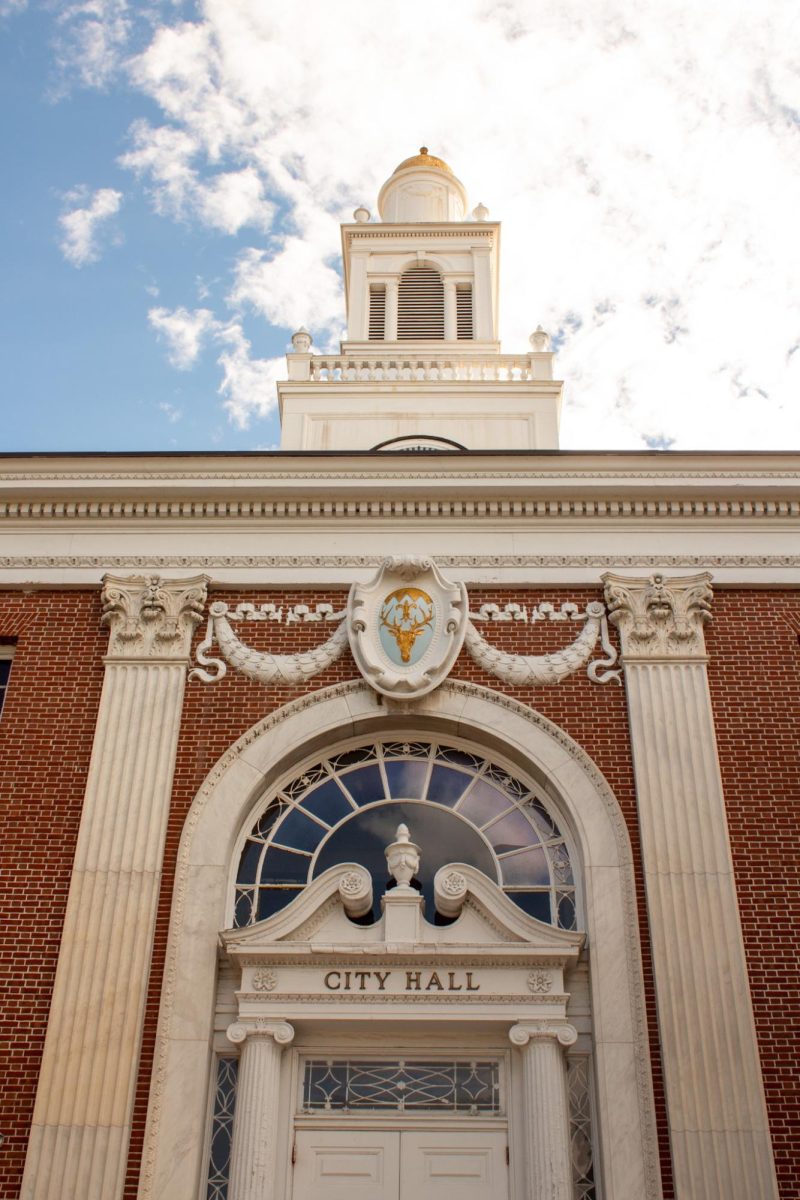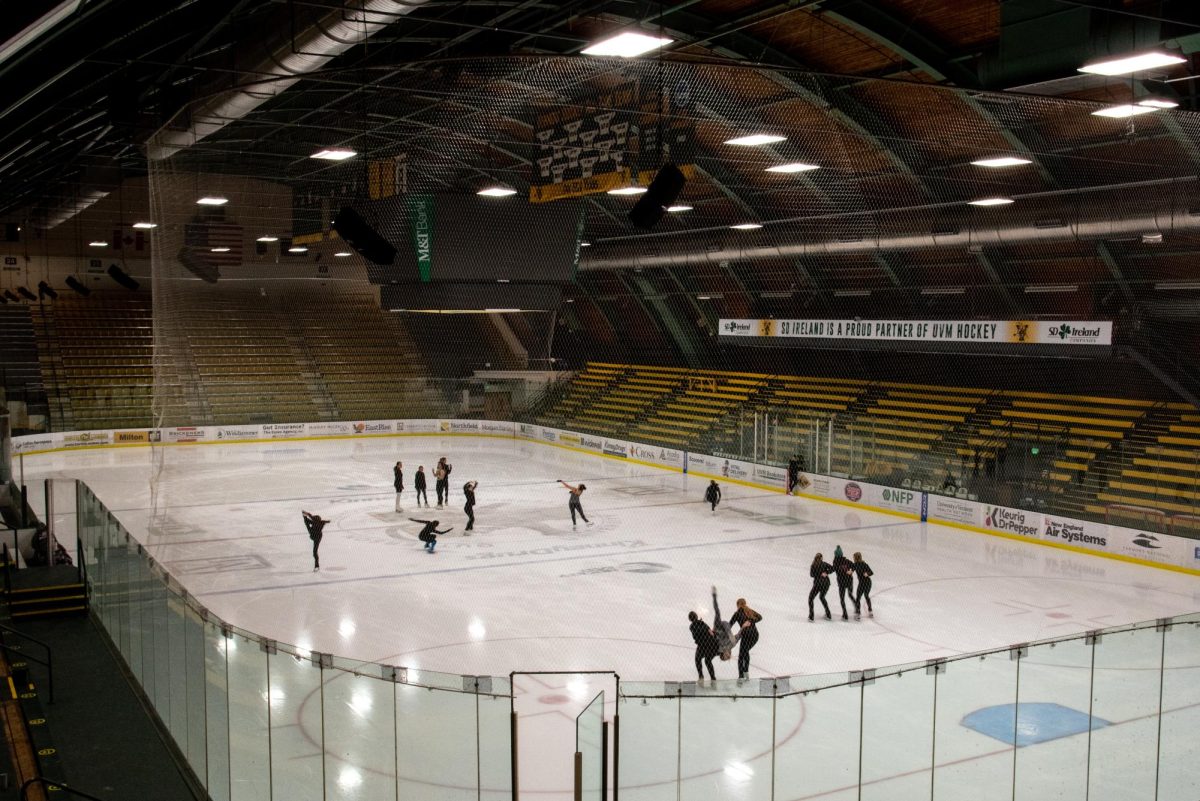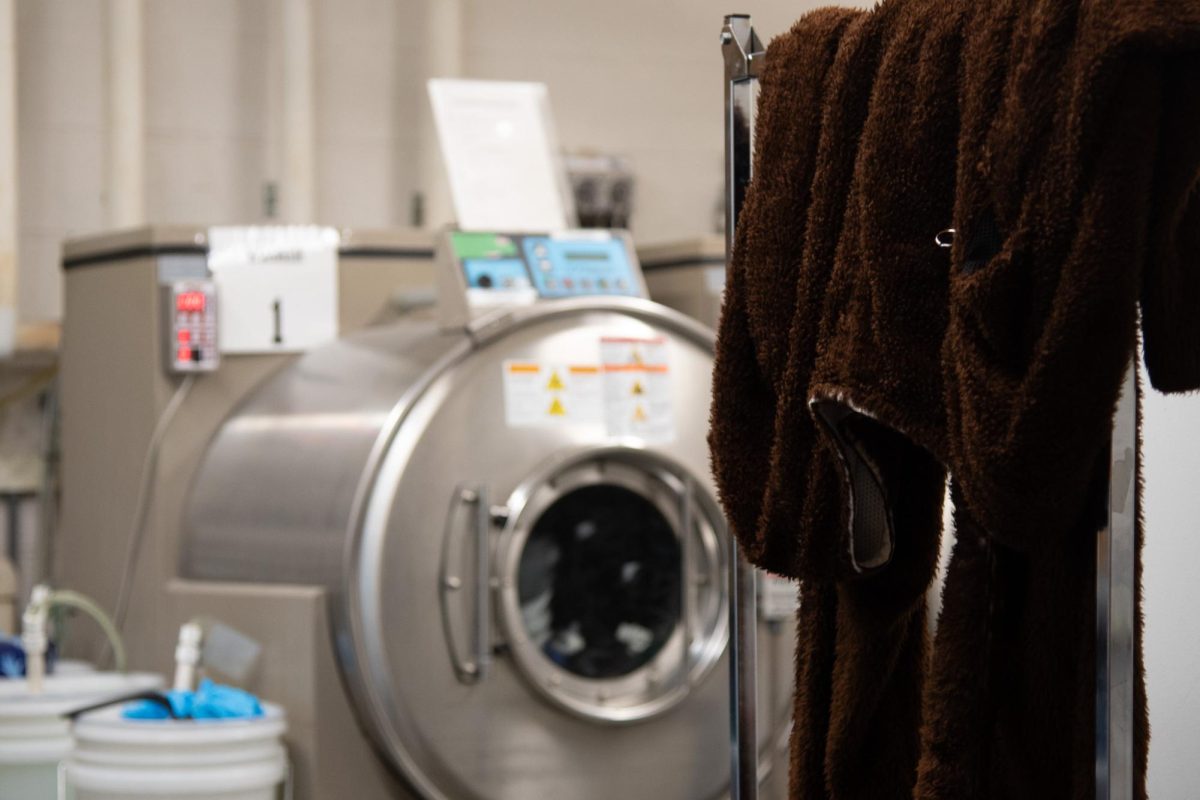At their Feb. 12 meeting, the Burlington City Council rejected a resolution that would have allowed voters to authorize the Council to expand the scope of the city’s current carbon impact fee in a 6-6 vote.
Councilmember Hannah King, a Democrat representing Ward 8, which includes much of UVM’s campus, sponsored the resolution along with Councilmember Eugene Bergman, P-Ward 2, and voted yes on the resolution.
“I hear a desire to act,” said Councilmember Bergman. “I also hear the desire to not deny climate change by using the tactic of delay, delay, delay. And this resolution takes up this challenge.”
The city’s current carbon impact fee applies to owners of large buildings over 50,000 square feet if they install a fossil fuel system when replacing their heating system, according to a Jan. 26 WCAX article. The fee also applies to any new construction using fossil fuel-powered heating systems.
The fee is equal to $150 per ton of the carbon expected to be emitted from the building during its lifetime, according to a Nov. 21, 2023 Seven Days article.
The failed resolution would have set the stage for voters to authorize the council to increase the fee and apply it to a larger subset of buildings, including to buildings using any fuel that emits greenhouse gasses, not just fossil fuels, according to the resolution.
The goal would have been to have a vote authorizing the council to change the fee on or before Aug. 13, according to the resolution.
Councilmember Barlow, I-North District, expressed concerns that this measure would repel businesses from opening in Burlington, he said.
“If we make it onerous to own commercial, industrial property in Burlington, or hard to operate businesses there, I’m not sure we decarbonize if those businesses and property owners just go to one of our neighboring communities because it’s less expensive to operate and own there,” he said.
Councilmember Ben Traverse, D-Ward 5, felt it was too soon to make changes to this new ordinance, he said.
“While I agree with the openness to our revisiting the carbon fee at a later date, I can’t support a resolution that’s already setting us on a path to make significant changes to a new ordinance that’s barely gotten off the ground,” he said.
In support of the resolution, Councilmember Melo Grant, P-Central District, warned of the dangers of delaying action.
“This council regrettably has a habit of kicking the can, which leads to further delays and doesn’t incentivize building owners to do the right thing,” she said.
Councilmember Joe Magee, P-Ward 3, favored the resolution for its ability to give the council more authority in handling the issue of climate change, he said.
“That question [the ballot item] will not immediately implement an additional carbon pollution impact fee, it will give us the tool in our toolbox,” he said. “And I don’t see a reason why we would delay adding tools to our toolbox to address the climate crisis.”
Sophomore Ry Sherman spoke at the meeting and urged the council to adopt the resolution.
“It’s important to expand our policies beyond the very small number of buildings that they currently cover,” they said. “I also want to say that UVM has spoken against this resolution at the last City Council meeting, and I want to make it clear that UVM does not speak on behalf of its students on this issue.”
At the Jan. 29 City Council meeting, Elizabeth Palchak, director of UVM’s office of sustainability, spoke on behalf of UVM against the resolution, citing concerns over the exclusion of natural gas as an allowable fuel.
“We’re actively drilling for geothermal energy on our campus, and we need time to look at those analyses and build the buildings and build the infrastructure,” she said. “So RNG [renewable natural gas] and geothermal, in our view, are not mutually exclusive.”
Senior Caroline Wydman expressed support for the resolution at the meeting, demanding action on climate change.
“In terms of climate action, our choices today will permanently influence public health, our infrastructure, our education and so much more,” they said. “I urge you all to open your eyes to the fact that the impacts from human activity are already here.”














